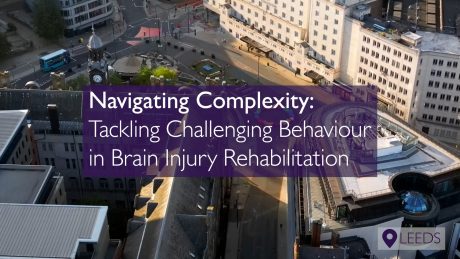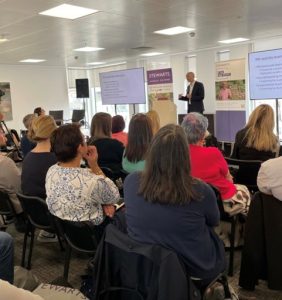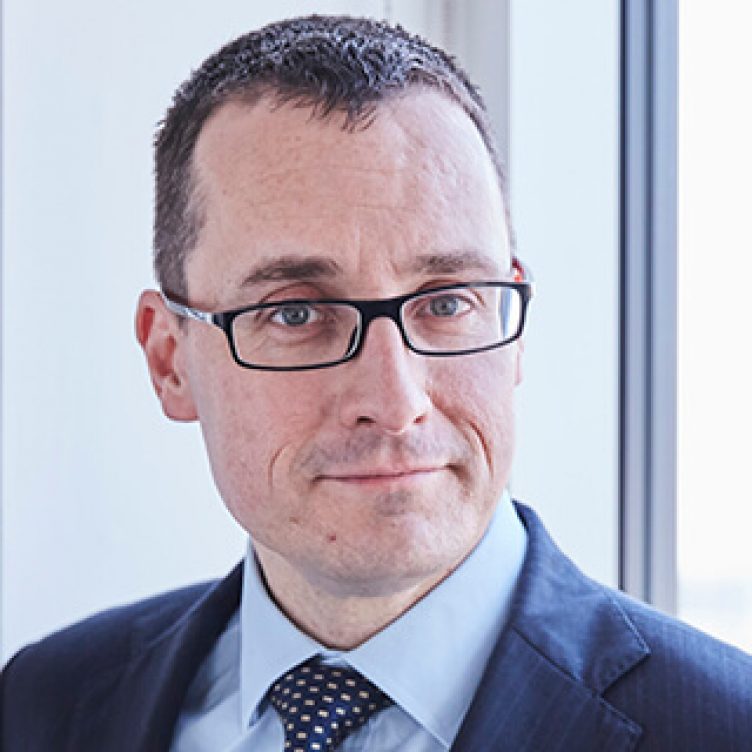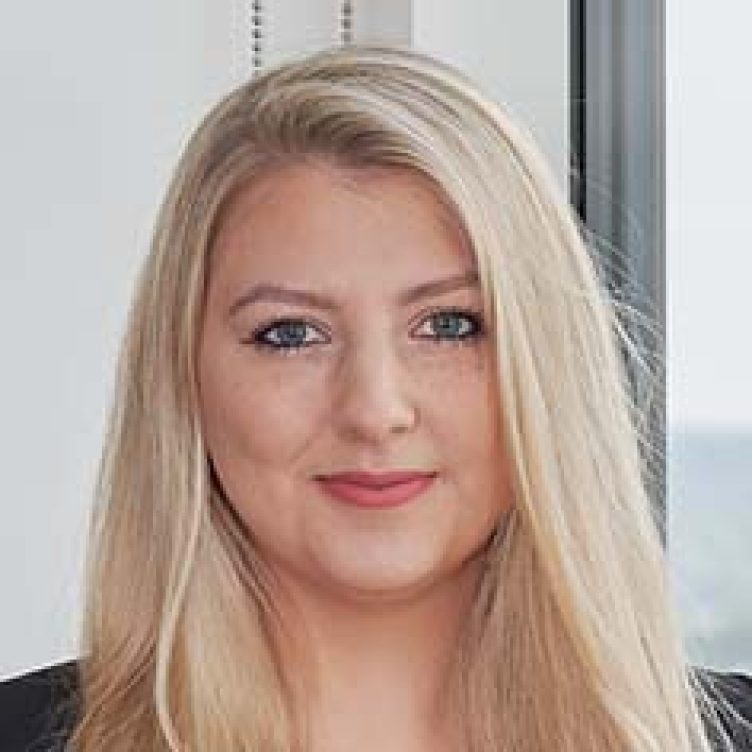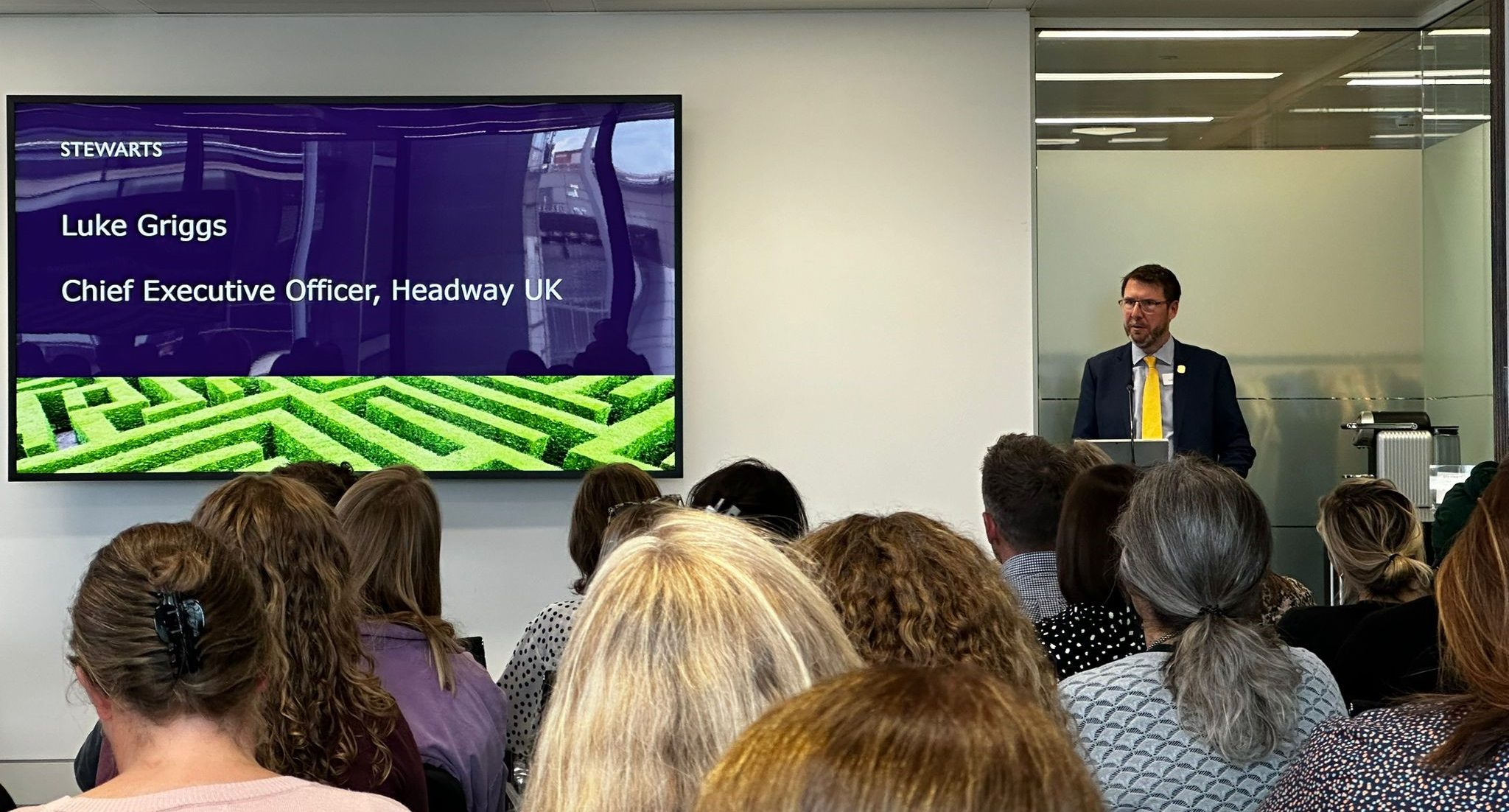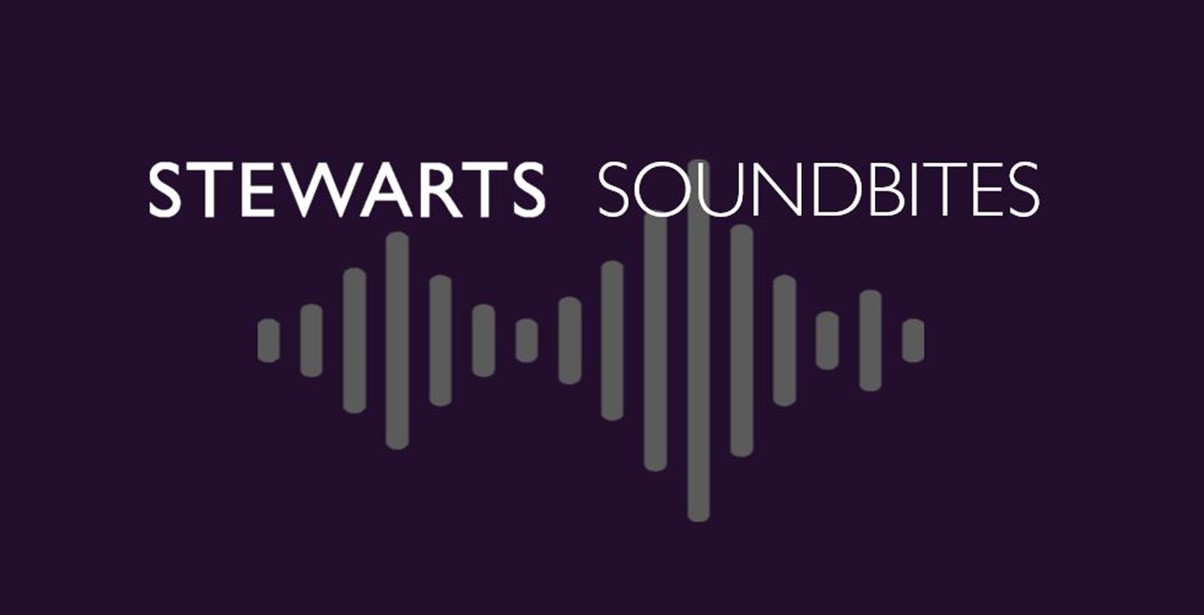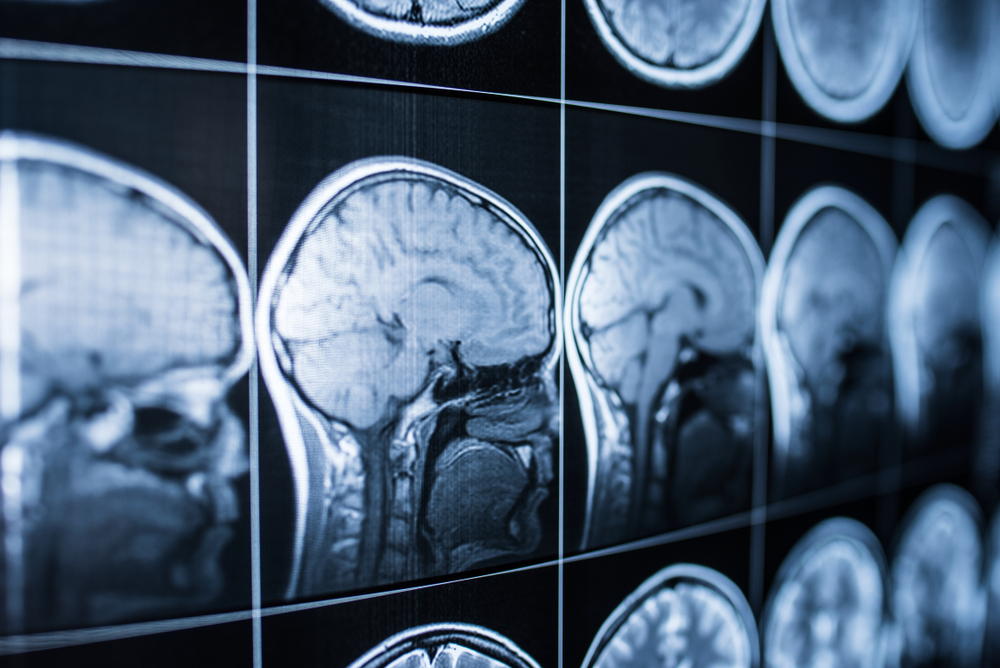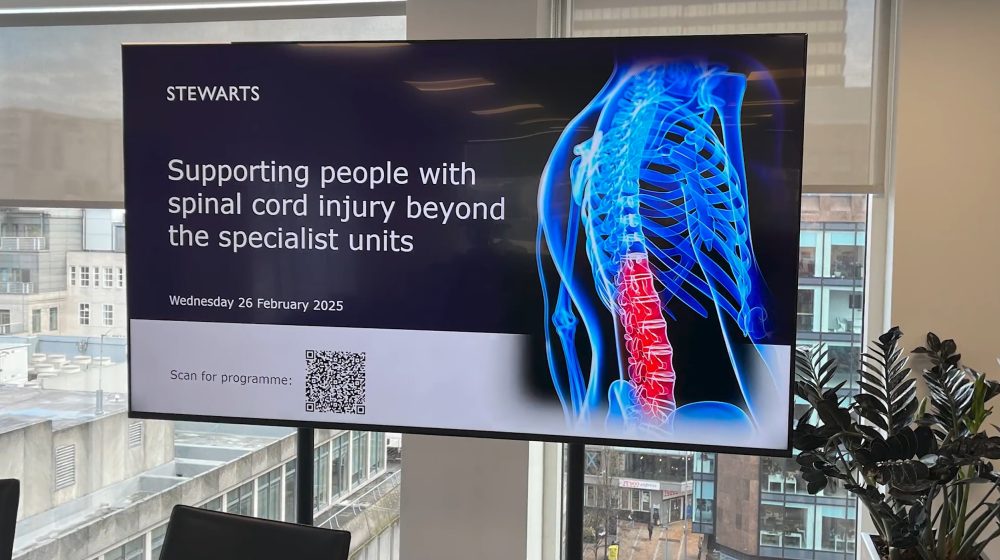Stewarts’ Leeds Office hosted its first Brain Injury Conference on Thursday, 18 September 2025, fundraising for brain injury charity Headway UK’s Emergency Fund. Beth Brayshaw provides an overview of the day.
To support those working in this complex and interesting area, we provided a free conference for NHS/private rehabilitation staff and case managers, which focused on tackling challenging behaviour in brain injury rehabilitation.
Attendees enjoyed a series of talks from leading experts, covering lived experiences to deepen understanding and promote best practices in the field.
Take a moment to watch our conference highlight video, featuring interviews with Ben Townsend, Dr. Donald Brechin, Dr. Mike Dilley, Joanne Lockwood and Hayley Symington.
Please see below for key takeaways from each speaker session.
Working with behaviour that challenges
Dr Donald Brechin (Consultant Clinical Neuropsychologist) kickstarted the conference with an introduction to behaviour that challenges, including assessment, clinical formulation and working therapeutically to address unmet needs. He highlighted how behavioural changes are a common feature of acquired brain injury (ABI), which, if not addressed, can present challenges for the individual, their family and others. It can also result in negative consequences, such as stigma, feelings of loss, relationship breakdown and social isolation.
Don emphasised the importance of understanding these behaviours and the function they serve in clinical work, so that those affected by brain injury can be supported to live full and rewarding lives.
The neuropsychiatry of challenging behaviour after traumatic brain injury (TBI)
Dr Mike Dilley (Consultant Neuropsychiatrist at King’s College Hospital NHS Foundation Trust and Brain & Mind Ltd) provided a neuropsychiatric perspective for understanding and addressing post-TBI behavioural disturbances, advocating for integrated models of care that bridge neurology, psychiatry, psychology and rehabilitation.
Mike explained how challenging behaviour, as a frequent and complex consequence of traumatic brain injury, can have significant implications for rehabilitation, community reintegration and long-term care. He went on to explain the importance of understanding the neuropsychiatric basis of challenging behaviour after TBI to ensure accurate formulation and personalised intervention.
Drawing on his extensive experience, Mike explained how assessment requires a multidimensional approach, integrating behavioural observation, neuropsychological assessment and neuroimaging, where appropriate. Ultimately, early identification and interdisciplinary management are key to reducing the burden of challenging behaviour and optimising recovery.
Nursing the patient with challenging behaviours
Joanne Lockwood (Nurse Consultant for Major Trauma at Imperial College Healthcare Trust) provided a fascinating talk, which focused on nursing strategies in the acute environment to deal with challenging behaviour. She highlighted how, in the acute setting, challenging behaviour resulting from TBI can be distressing not only for patients and their loved ones but also for the staff looking after them.
Joanna insightfully explained how delivering individualised care, focusing on safety, consistency and understanding, can maintain a secure environment for a complex brain-injured patient to recover.
Helping individuals with catastrophic personal injury claims – Nick Cook’s Story
Hayley Symington (Senior Associate at Stewarts) concluded the talks by discussing her role in helping individuals with catastrophic personal injury claims through the litigation process. Drawing on her experience of complex cases, she outlined how early legal input can unlock access to vital rehabilitation and long-term care for clients who have sustained life-changing brain injuries.
Attendees also had the opportunity to view a powerful client case study featuring Nick Cook, Hayley’s former client, who sustained a severe brain injury following a road traffic collision in 2018. Nick shared his lived experience and journey from emerging from a minimally conscious state to rebuilding his life with the support of his family and rehabilitation professionals. Nick’s story offered a powerful insight into resilience, determination and the long-term impact of legal and therapeutic support. It also highlighted the importance of a collaborative, multidisciplinary approach to recovery and support.
Stewarts is proud to have helped Nick secure an excellent settlement, which provides him with the support and security he needs for life, as well as for his wife and two young daughters.
The Headway Emergency Fund
Headway is a UK-wide charity that supports individuals and families affected by brain injury from the moment it occurs, offering vital support and information services for those affected and their families. Its Emergency Fund provides grants to families with limited resources to enable them to be by the bedside of their loved ones during the acute phases of care.
Due to increasing and unprecedented demand for support from the Emergency Fund, as a result of greater awareness and the cost-of-living crisis, the fund is now under pressure, and the charity is struggling to meet the needs of those applying. Headway has launched an appeal to its corporate supporters to increase donations towards the Emergency Fund in order to meet the increasing demand for this crucial service.
Since 2011, with the support of the Stewarts Foundation, Headway’s Emergency Fund has distributed grants totalling more than £650,000 to almost 3,000 families in need.
We would like to thank our insightful speakers and all those who attended the event for their support of this cause. All the money raised through raffle ticket selling during the conference and voluntary registration tickets will be donated to the Headway Emergency Fund.
Stay informed about upcoming events
Our Personal Injury team hosts a series of conferences and seminars throughout the year, covering a broad range of topics and featuring expert guest speakers.
If you would like to be notified about our next injury conference, please join our mailing list via the following link: https://sites-stewartslaw.vuturevx.com/5/478/landing-pages/website-subscription-form—august-2025.asp

